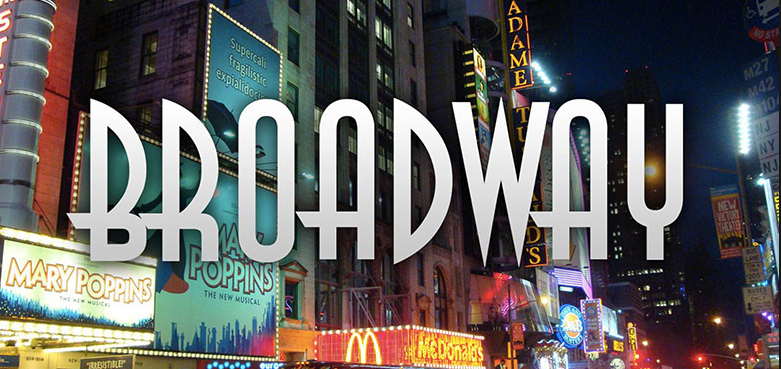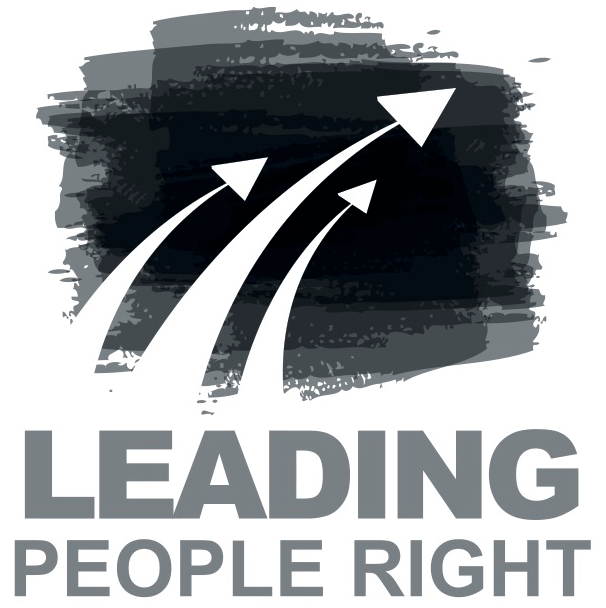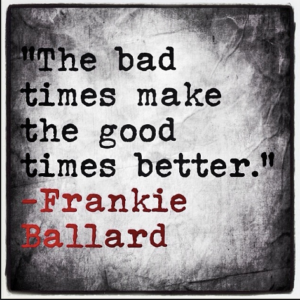Interviewing other people can provide incredible clarity on your own job. Something about having to tell your story or the company's has a way of revealing how and where you see yourself. Don't drive by these sentiments.
Even though it seems counterintuitive, interviewing someone else has a way of providing such clarity on your own job.
Interviews are part assessment – is this person qualified, do they fit the culture, do they have the right personal attributes. Interviews are also almost always a time where you give background about yourself and the organization. Depending on the role and the candidate, you may even be in selling mode. In these moments how you are doing in your current job is often revealed as you gather your thoughts and prepare your response.
If it’s easy to find the words and excitement naturally comes you are in one place. If it’s more difficult to generate excitement, something else is going on.
Give yourself time and space to deal with these sentiments. Regardless of where you are on the spectrum (good or bad) push into what they have to teach you.
1000 Cups Of Coffee
Just an estimate I have easily interviewed over 1000 people as a hiring manager. As a sales leader seeking out (sometimes desperately) great sales talent, I interviewed people every single week.
There is a meaty chapter of a book I’ll put down some day with a few of the better stories.
After a while, I realized that what and how I was thinking about my role/impact, performance, company culture, and leadership came up in my head during interviews. It determined how hard or easy it was to be genuinely interested, deliver the right story and how personal it got. I don’t mean personal personal, but rather real depth and nuance about my job and career.
Good Times And Bad Times
Some of the interviews were during tough times including after a corporate crisis. I had resolved to stay and was ready to put it out there on why and that people should consider joining. Simplicity sets in following a crisis. It’s about colleagues and clients and conversations to build and solidify confidence.
Fortunately, I interviewed most of those 1000+ people when things were good and for an employer of choice in the industry. People wanted to take interviews.
You learn so much by interviewing during difficult times. But, interviewing when you are on top is more fun. It also allows for more reflection about the candidates and yourself.
Emotions Sitting In The Background
I bumped into 5 feelings as I was thinking through responses and my narrative for a given interview:
- Proud to work for the organization.
- Excited about the present and future
- Treading water/lukewarm about today and tomorrow
- Uncertain about what was coming or where things were going
- Exhausted from the pace and the place
These were not mutually exclusive. Several could co-exist at the same time. For example, I felt a sense of proud nearly every time I spoke about my company yet occasionally felt uncertain or exhausted.
These were sometimes transient and sometimes not feeling. On a given day or afternoon I could feel exhausted but a good night’s sleep or weekend had me refreshed for whatever lies ahead. There were a few times where I was truly uncertain. With hindsight, I know those times passed as well.
Getting Out Of Your Head
The other side of what makes interviewing an excellent opportunity for clarity on your job is everything you learn by listening. People reveal a ton of information about where they work, who they work for, why they want to leave. All of the above can leave you thinking; I don’t have to deal with any or very little of that.
Also, you find out people have struggles – some are profound, some less so. Either way, you learn what they battle. It tends to bring you back and ground you to your reality. Imperfect but generally (and hopefully) better than okay.
Related: If you are interviewing millennials or GenZ’s, make sure you check out the 3 Things You Need To Know From The 2018 Millennial Survey.
Treat It Like A Broadway Play
There is no suggestion here that getting in touch with how you feel about the company provides any pass on doing anything but delivering a top quality experience for the candidate. That is the job of an interviewer. Any/all of this in your head should go on without them being the wiser.
The threshold expectation of performance for interviews is to treat it like Broadway. Broadway actors do the same show eight days a week with equal passion and excellence. It never ceases to amaze.
If you interview a lot of people (or even a few), you need to present with the preparation and energy. The interview is incredibly important to the person on the other side of the desk. Plus, you are the company.
Candidates remember the experience of walking into the lobby through to every element of your conversation. You have to bring it whether you feel good or bad about the day or have a head running with any of the emotions mentioned.
Assume someone is going to review your performance in the interview. In reality, someone will.
When in doubt, treat it like Broadway!

After The Fact
So you stay on task and bring home a solid interview for the candidate and you/your company.
Now what?
A few suggestions:
- Reflect on what was going through your head. If something there is weighty positive or negative, don’t drive by it
- Ask yourself if it squares up. Do the things you were thinking as you were rallying in the interview square with your general take on your job, company, etc. If not why?
- If it’s a positive vibe – great. How do you parlay that into your interview narrative? Or, what else might you do with that sense of pride or excitement to feed you every day?
- If it’s a neutral to negative vibe – need to scratch at why. What’s weighing you down or bugging you? What do you need to do to deal with or push through it?



